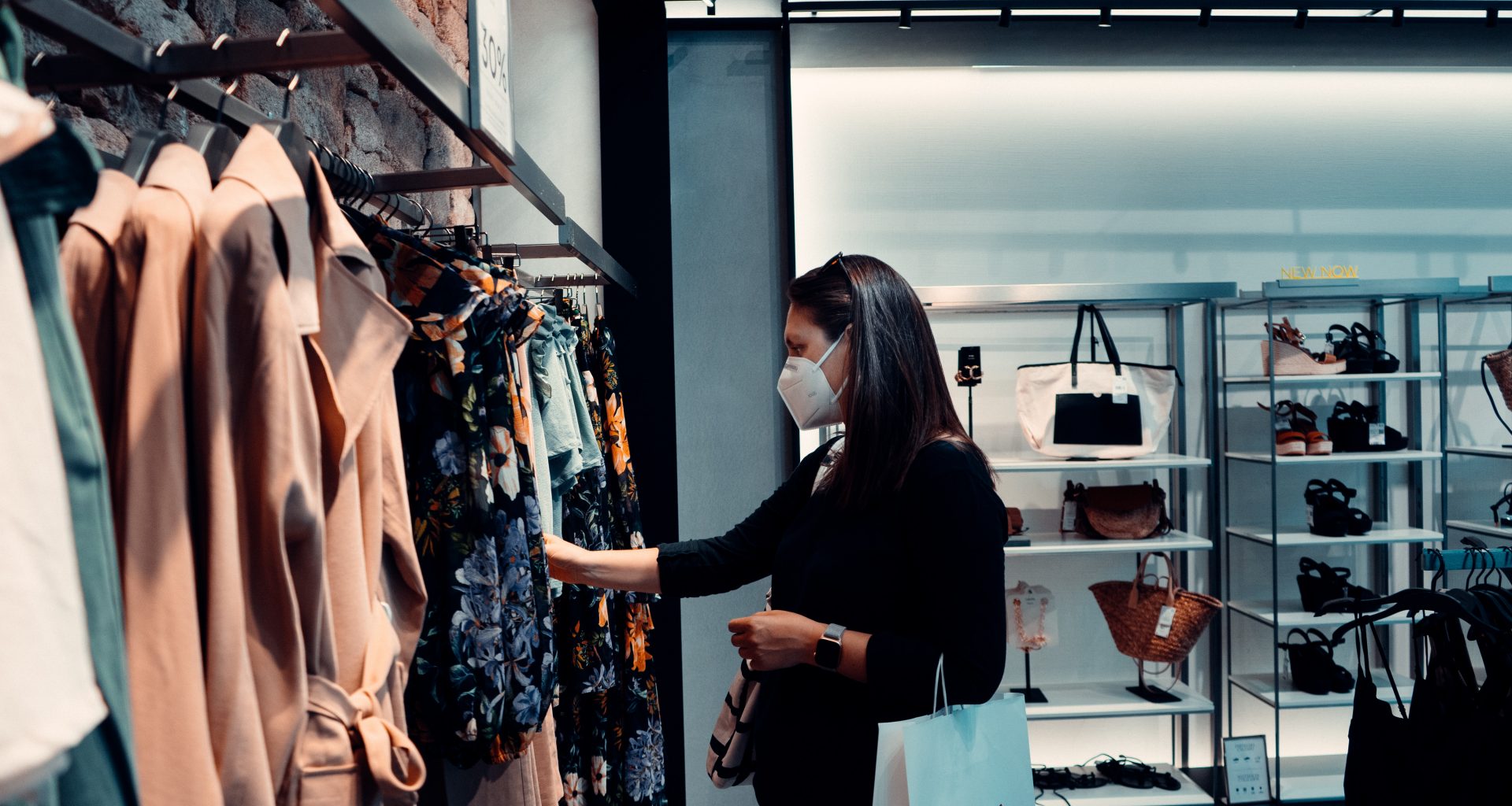
What's most important to the post COVID-19 shopper?
“You may say, ‘I’ve saved all this money, I haven’t been going out to eat, I’m going out.’ You know, boom!” exclaims Kathleen Day, lecturer at Johns Hopkins University and author of a book on the history of financial crises in the United States. But will this free-spirited mentality apply to everyone?
Contributing Editor, Saja El Mishri explores what consumer sentiments may look like once the pandemic subsides.
Post pandemic recovery is making headlines, incentivizing consumers to get back to ‘normal’ lifestyles’ and spending habits in order to make up for lost time.
With COVID-19 vaccines being made globally available, consumer shopping confidence is coming back – according to McKinsey’s latest U.S. Consumer Sentiment Research report, “33% of survey respondents who have been vaccinated are engaging in out of home activities,” with the opportunity being with mostly younger people who have the desire to get back to normal as quickly as possible. What’s more “about half of respondents who say they are unlikely to be vaccinated are already engaging in regular out-of-home activity and have similar spend intent to the non-vaccinated population at large.” And this is just the U.S. alone.
Knowing this, brands are working overtime to prepare for a brighter forecast ahead. Given the vaccine rollout in MENA, “economic improvement is on the horizon.” To illustrate, “the fast pace of inoculation [in UAE] has also slowed slightly due to a deceleration of vaccine arrivals. However, we still expect partial normalization to begin in the second quarter of 2021, and for economic activity to pick up notably in the second half of 2021.”
Regardless of a hopeful horizon, it is clear that the effects of the COVID-19 pandemic will be felt for many years and it will take time for consumer confidence to normalize. The EY Future Consumer Index predicts that “the largest consumer segment in MENA (33%) will “stay frugal,” with less spending, some deep cuts and a change in the way they shop as a result of the outbreak.” Further, in terms of lifestyle, spontaneity will most likely remain on the back-burner while people hesitate to make travel plans or hangout with groups of friends until their social circles get vaccinated and they feel at ease.
The personal loss (financially and/or emotionally) that consumers have felt over the past year can be felt on a global scale. Therefore when it comes to marketing to the post COVID shopper, it is important to be aware of the hesitation that some consumers are feeling, especially if they have lost a loved one, or lost their jobs or their home. This is an aspect that marketing professionals need to take into account and therefore not rush launching their ‘let’s get back to normal’ campaigns. Marketing professionals who want to engage with the post-pandemic shopper have to adapt their brands’ tone of voices to empathize with consumers.

For example, brands could put out more meaningful campaigns that discuss what they are doing to support communities during COVID-19 in order to create a lasting effect. Additionally, creating affordable or convenient buying options such as ‘buy now pay later,’ ‘buy now, pick up in store’ or offering sale promotions will aid consumers in their shopping journeys.
The same way brands and marketing professionals try to be culturally appropriate in their activities and communication cues across MENA, they have to be aware of the pandemic’s side effects on their targets’ priorities. Just because consumers are getting vaccinated does not mean that they have forgotten about the stricter days of lockdown and the aftermath that followed them on a personal basis. It will take time to build a better future.
Retailers are excited for the world to fully open up again one day and it’s true that consumers are ready to make up for lost time. However, it is ideal that changes happen slowly and sustainably with each region.
While we are still in the midst of the pandemic, there is speculation that a more fun era awaits us: “It’s a little bit like those famous photographs when the end of the Second World War was announced of sailors grabbing nurses on the street and kissing them,” says Nicholas Christakis, a sociologist and physician at Yale University. Since people saved their disposable income during the lockdowns, they may be more willing to enjoy their earnings but only once they feel safe enough to. Everyone is hopeful for a brighter tomorrow, but we are just quite not there yet.
In order to further investigate the above theories, Curated Today surveyed 33 MENA-based residents respondents on their sentiments towards shopping after receiving two vaccine doses. Stay tuned!
About The Editor
Having grown up in Sweden and later moving to the UK, Saja is deeply motivated by emerging social and political concerns around sustainability. Saja currently works as a freelance writer and recently published articles at Eco-Age that explores if sustainability has become a westernized concept.
Saja is currently working as a freelance journalist writing about the intersection of sustainability, fashion and social justice and recently being selected for the FashMash Young Pioneers program, recognized to drive positive change in the industry.


